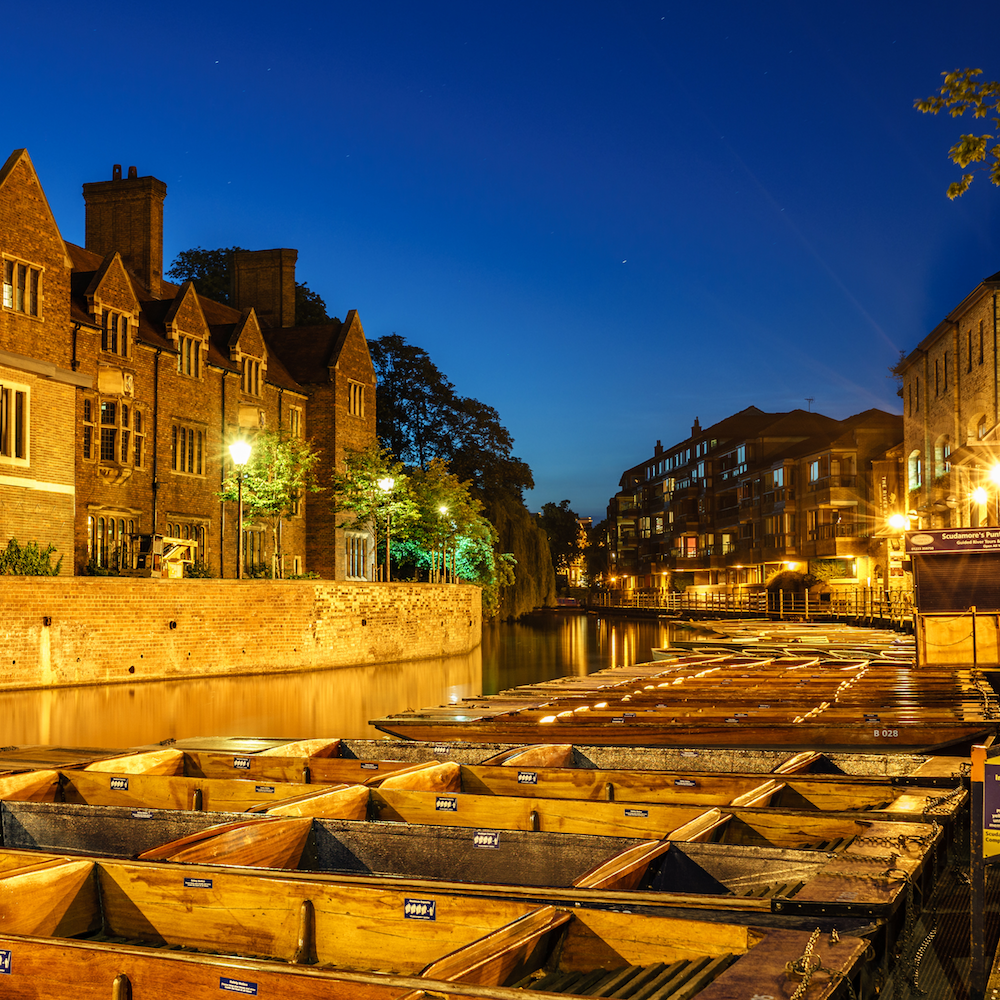
During the May Half Term holiday (Monday 29 May – Friday 2 June), IWM Duxford is giving visitors the rare chance to peek inside the legendary Avro Lancaster, arguably one of Britain’s most emblematic Second World War bombers
This year marks the centenary of IWM Duxford. Throughout 2017, visitors can explore Duxford’s history through its iconic objects – large and small – and delve into the stories of those who lived, worked and flew from Duxford.
The Lancaster Experience
Monday 29 May to Friday 2 June 2017
Daily 11.30 to 3.30pm
Talks take place daily at 11am (30 minutes duration)
Airspace exhibition
The Lancaster was one of the iconic bombers of the Second World War. Measuring 21 metres from nose to tail and boasting a 31 metre wingspan, it could carry an impressive amount of bombs on top of the necessary flight equipment. Not only could it fly at a higher altitude than other bombers, it could take a greater load of larger bombs. A total of 7,737 were made and IWM’s Lancaster is one of only a few survivors in the world today.
The Lancaster experience features an interpretative talk led by a member of IWM staff. Drawing on the personal experiences of members of Bomber Command, it allows visitors to understand the danger and difficulties faced by the crew on board. Visitors will discover the roles of the seven crew members aboard the Lancaster, their individual jobs on a mission and which weaponry they used.
After the daily talk, visitors will have the opportunity to get inside and explore the aircraft. The Lancaster is most famous for its crucial involvement in the Dam Busters raids, where it dropped ‘bouncing’ bombs in order to breach German dams. Thanks to this mission, it was praised as the most successful British heavy bomber used by the Royal Air Force in the Second World War. Not only was the Lancaster used for bombing purposes, but it also dropped over 7,000 tons of food supplies into the occupied Netherlands at the end of the war.
Visitors will learn all about how Sir Arthur Harris, Commander-in-Chief of RAF Bomber Command, responded to the challenge of finding more bomber crews and improved aircraft, and why the Lancaster was one of the most dangerous places to be during the Second World War.
Visitors will leave bursting with knowledge about the Lancaster, one of the pivotal factors in winning the Second World War, so this really is a golden opportunity to quite literally step into history.


 Cambridge E-Bike hire scheme set for expansion
Cambridge E-Bike hire scheme set for expansion
 Ely graffiti vandal avoids jail
Ely graffiti vandal avoids jail
 Drink driver who urinated in a police van is sentenced
Drink driver who urinated in a police van is sentenced
 Strawberry Fair cancelled due to costs
Strawberry Fair cancelled due to costs

